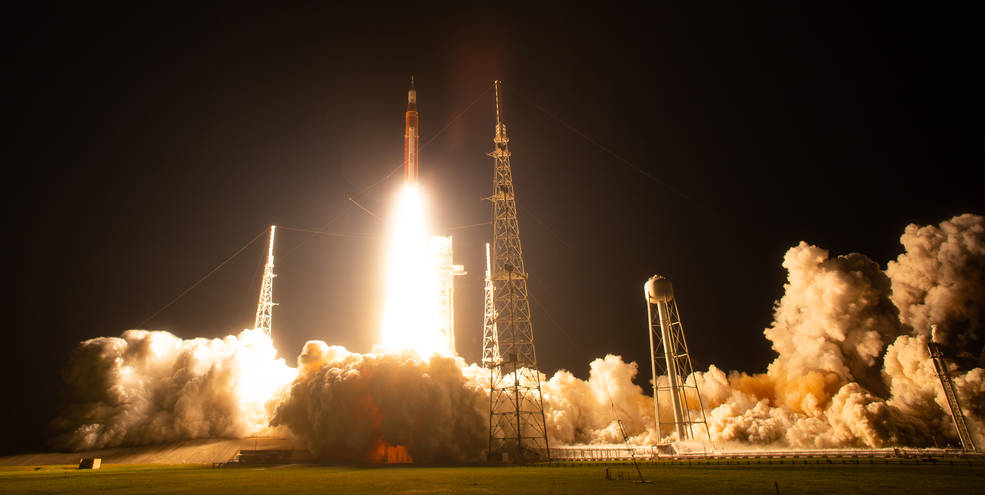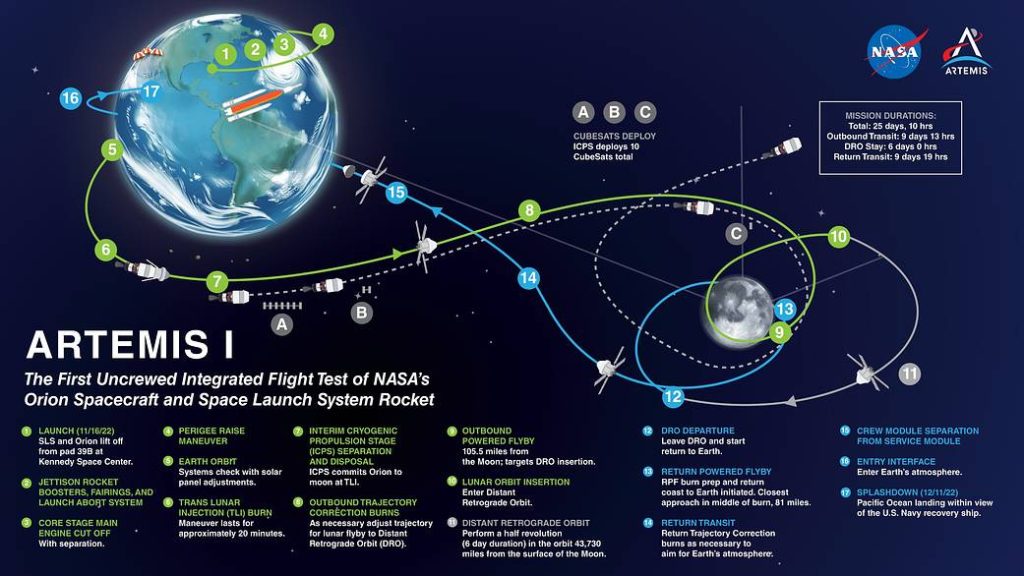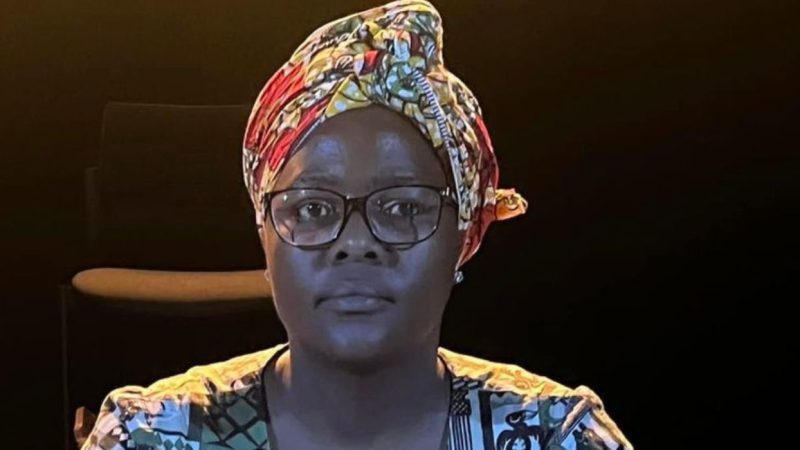Nigeria and Rwanda put Africa on the map in Lunar Exploration

NASA Artemis Accord: It’s been five decades since humans last walked on the Moon. Twelve astronauts walked on the moon during six Apollo missions from 1969 to 1972, the only spaceflights yet to place humans on the lunar surface. Through the Artemis program (ongoing space missions) run by National Aeronautics and Space Administration also known as “NASA” the intention is to land the first woman and the first person of color on the Moon by 2025. NASA is a United States government agency responsible for science and technology related to air and space.
The inaugural signing of the Artemis Accords took place on the 13th of October 2020, with eight founding members (countries). Highly considered as “groundbreaking” for Africa, Rwanda and Nigeria have become the first and second African nations to sign the Artemis Accord bringing the total to 23 of the countries that have signed the accords. This was done during the US-Africa Space Forum in December 2022. For years Africa has been lagging behind technologically in comparison to other continents, most especially in space research.
What then is the Artemis Accord? Grounded in the Outer Space Treaty of 1967, led by NASA and backed by the United States of America, this is a multilateral agreement that embodies a common set of governing principles for private exploitation of space resources (of the Moon, Mars and other astronomical objects). These governing principles are grounded in responsible space exploration.
The African Union (AU) Agenda 2063 has played a pivotal role in encouraging space exploration and harnessing of space resources. The establishment of the African Space Agency (AfSA) is enough in advocating for African member states to participate extensively in the global space economy. Space technologies are of great use in agriculture, remote sensing, natural disaster management, land use, climate forecast, defense and security, disease prevention to mention just a few. As we inch closer to 2030, it is believed that space technology will play a pivotal role in the attainment of the 17 Sustainable Development Goals (SDGs) set out by United Nations.
Space travel and technology has also been receiving keen interest from billionaires like Jeff Bezos, Sir Richard Branson and Elon Musk who made headlines in the year 2021 in what was dubbed by many analysts as the “Billionaire Space Race”. Whatever the case may be, many analysts and scientists believe that space exploration is poised to usher in much needed advancement in technology that planet Earth and its inhabitants can make use of.





